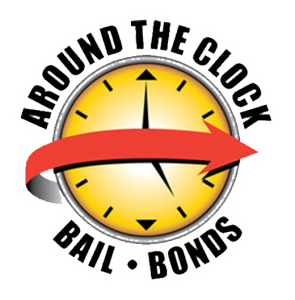Is There A Limit To How Much Bail A Judge Can Require?
When you are arrested, except in rare circumstances, you have a right to post bail. This simply means that a certain amount of money is given to the court to guarantee that you will show up for your court date.
How is bail set for misdemeanor charges?
The more serious the charges are, the higher the requirement for bail. However, with misdemeanor charges, a judge may not even be involved. In many jurisdictions, there is a schedule of misdemeanors and the amount of bail needed for each. These charges are always those that are both petty crimes and non-violent. Bail amounts for these types of crimes are under $500 and are processed at the police station.
How is bail set for more serious charges?
For felonies and other serious charges, a judge will work off a basic schedule. There are typical bail amounts for each crime, and these amounts will vary from one jurisdiction to another; local criminal attorneys will always know what they are. These amounts may not be codified, but over time, there has been a precedent set for a typical amount for each type of charge. This is the starting point for the bail amount. Along with the judge, the district attorney’s office also knows what this typical amount is. At a bail hearing, the DA may argue that the bail should be higher while the defendant’s attorney may argue for less bail or no bail at all. The judge will hear arguments from both sides to determine whether the typical amount should be adjusted up or down.
What is the limit to the bail amount?
If the crime is serious enough, there will be no bail. This can be for certain cases of murder or repeat offenders. Any situation in which a judge believes that a suspect will be a danger to the community when released there is no bail. In cases where the probability of flight is high, bail will also be denied. Many people charged with white collar crimes such as embezzlement, may have a high probability of fleeing the court’s jurisdiction. This includes leaving the country.
Technically, there is no limit to how high a bail can go. Although violent offenders will be kept without bail, if the crime is non-violent and the defendant has the means to flee, the bail can be quite high. In fact, the highest bail in Untied States history occurred only a few years ago in 2009. Raj Rajaratnam, who headed a hedge fund management firm called the Galleon Group, was hit with a bail amount of $100 million. He was charged with insider trading relating to $20 million. He was able to raise the bail but was limited to movement within 100 miles of the court’s jurisdiction. In addition, he had to surrender his passport; this is common with those having large financial resources.


